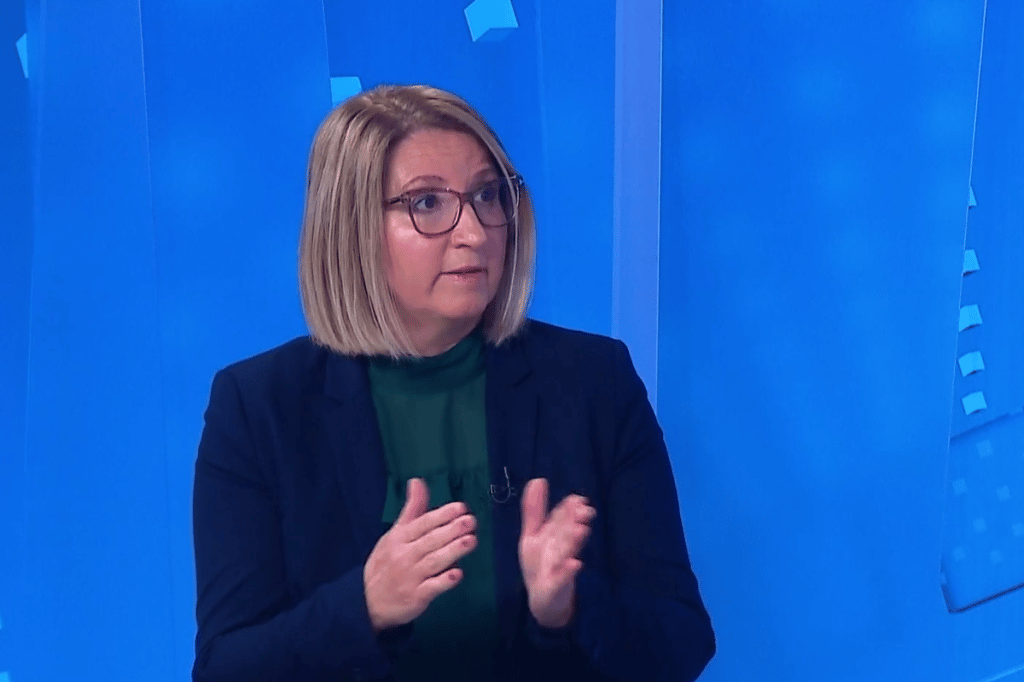Ivana Maletić, a member of the European Court of Auditors, was a guest at N1 Studio live, where she talked about the projects of the member countries under their jurisdiction.
“I was in the Parliament, it’s already the third time since I’ve been in the Court of Auditors. After three years, a tradition of exchanging information with them and the public has already emerged. Now, for the second time in the European report, we have given a negative opinion to the European Commission on the expenditure side of the budget because the level of errors is above the acceptable level of 2 percent. This year, that level is 3 percent, and last year it was 2.7 percent. We gave a positive opinion on the revenue side of the budget, as in previous years,” she said.
He states that the expenditure side is problematic due to high-risk projects such as acceptability of costs, acceptability of users and projects, lack of documentation, and as the perspective draws to a close, the proportion of high-risk projects is higher, so the total level of error is often above 2 percent.
“When you look at the trend in cohesion policy, the European money management system is improving, but due to changes in people in the system and inexperienced end users, mistakes often occur,” she said, adding: “In Spain this year, we looked at 11 projects, and we even found quantified errors in 6 of them. This is probably a problem of the system not functioning, and because of this, we see suspicions of possible fraud and rigging of meeting the conditions of the tender. When we notice mistakes, it is sent further to the European chief prosecutor”.
Maletić says that she is part of the audit body, not the investigative body that does forensics on cases.
“If in our audits we come across irregularities and deeply organized mistakes, then we send the case on to the European Chief Prosecutor. There were 7 large projects in Croatia in 2021 and we didn’t find any mistakes”, she said and added: “However, Croatia is at the top in terms of anonymous applications and then a selection is made on what should be done”.
He states that the number of reports and suspicions of fraud and corruption increased in 2021 compared to 2020. Two years ago, 6 were detected, while last year there were as many as 15.
“We are warning the Recovery and Resilience Fund, which is now more in the hands of the members, and it shows that even traditional funds are full of errors, fraud and corruption, and that these funds must be examined with equal care. It is important that the systems work and that they clean it up before any investigation and audit. We found errors in 6 countries that were in our system. The EU provides funds, but these projects do not achieve real added value in the economy because of all the other obstacles. The EU was considering initiating reforms to make these projects meaningful, to further encourage innovation and investment in technology. That is why we are going to reform the judiciary, state administration, health and education system,” she said.
He states that the Court of Auditors noticed that some countries still managed to find ways to avoid some very important reforms. For example, the pension reform in Germany or Spain. Some countries included everything, like Croatia, which showed a great desire and interest in justifying the funds, but some got away with it,” she said, adding: “Numerous recommendations were repeated year after year, but they had no effect at all. Already at the stage when we prepare the report, the commission must write a clear answer whether it intends to stick to the recommendation and put it into practice”.
He says that the countries that left a lot of goals and stages for the end, ended up getting away with more reforms.
“They take more money and make less. But that is not in their interest, it would be in their interest to do it all because that way they strengthen themselves in times of crisis and develop faster and better. If some countries had a lot of public procurement, this directly causes suspicion and more attention is shifted to it and its verification”, she said and concluded: “Some users ask us how we know that a project is risky? It’s up to experience”.
Track N1 via Android apps | iPhone/iPad and social networks Twitter | Facebook | Instagram.

